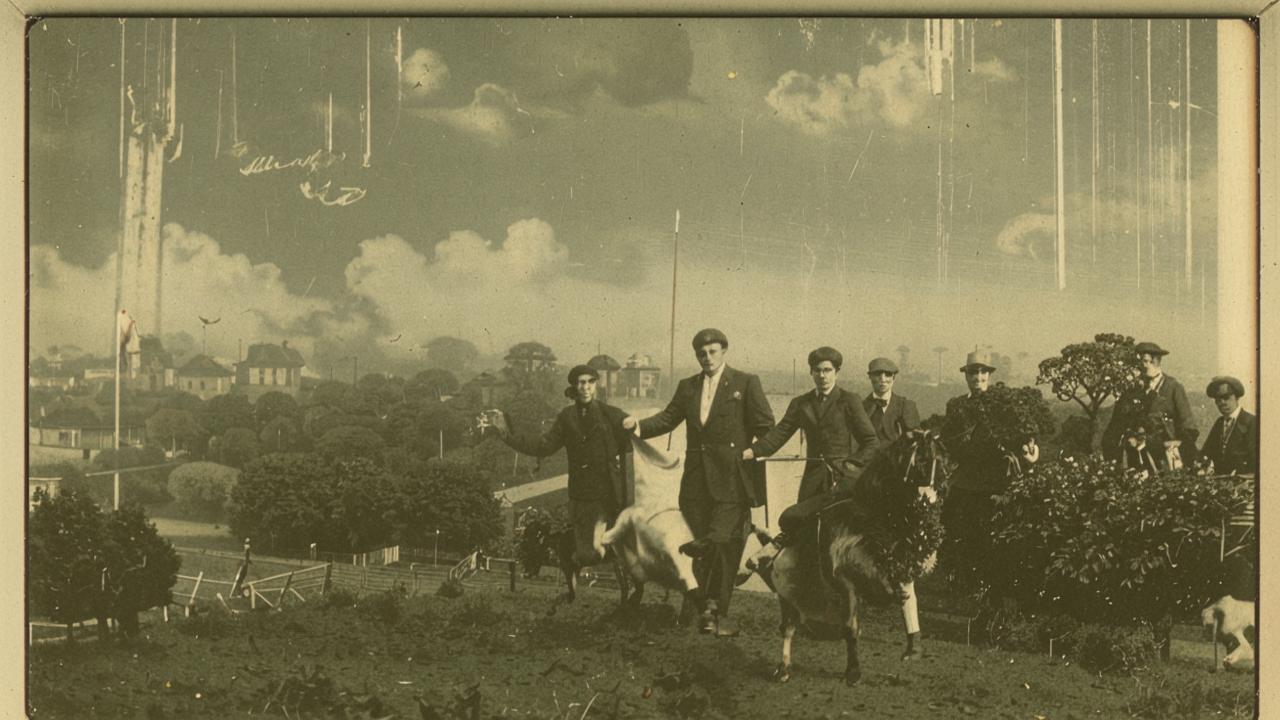
Eduard Mavlyutov
psychologist, certified coach, certified doctor-surgeon
Tells what habits ruin the human brain and interfere with its work.
Alcohol consumption. The habit of consuming alcoholic beverages harms the brain’s thought process by stopping it. The ethanol contained in alcohol has the property of a solvent, it and its products manage to penetrate to the nerve cells, destroying them and reducing the sensitivity of neurotransmitters and receptor activity.
Ethanol actually kills brain cells. By doing so, a person becomes more lethargic and intellectual abilities are severely reduced. There is a scientifically valid opinion that together with urine after alcohol, a person removes dead brain cells from the body.

Use of narcotic substances. The habit of using illegal drugs destroys the brain. Psychotropic drugs provoke the death of brain cells. Drugs lead to toxic encephalopathy. In this case, there is a violation of intellectual activity, coordination, reflexes, speech pathologies, the appearance of paralysis.
Overdoing it with pungent and toxic odors. Fascination with aromatherapy can lead to headaches or discomfort. This is due to the specificity of odors and our receptors. Receptors transmit information about scents in the form of electrical impulses to the brain, the impulses travel along the olfactory nerve, whose individual fibers lead to the hypothalamus and the amygdala.
The hypothalamus is called the “animal brain”, which is responsible for our behavior related to self-preservation, hunger, thirst, mate selection and raising offspring. It is the brain that produces oxytocin, the hormone of joy and trust. And if the odor is selected incorrectly or exceeded in dosage, the brain has incorrect associations that give alarm signals to the body. As a result, instead of relaxation, a person gets health problems in the form of headaches or allergic reactions.
Smoking. Nicotine and other toxic substances in tobacco smoke adversely affect the brain. Under the influence of nicotine, its blood supply is impaired. Smokers have impaired attention, memory, logic and coordination of movements. In addition, smokers are more often overworked, worse tolerate normal loads. Older smokers often have higher levels of anxiety and an increased likelihood of developing depression.
Sleep deprivation. The habit of not going to bed on time, sleeping intermittently or systematic sleep deprivation reduces brain performance and leads to loss of quality of perception of new information. Lack of sleep significantly inhibits the reaction to external stimuli, which carries a dangerous tendency to lose sight of important things, and reduced concentration can lead to a life-threatening situation.
For example, sleep-deprived drivers are much more likely to be involved in accidents than those who get a full night’s sleep. In sports, it can be injuries and poor performance by the athlete.
Use of psychostimulants. Energy drinks and caffeine. Substances that seemingly should increase performance levels, on the contrary, significantly decrease performance after exposure is over. Caffeine blocks adenosine, a chemical compound that our brain produces, which leads to the release of more adrenaline.
There is a spike in adrenaline, which then drops and the person loses the energy, the strength that caffeine gives. That is why after drinking coffee, first there is a rush of energy, and after the end of the effect – its sharp outflow, after which you feel drowsy or lethargic.
Sweets also affect brain function. Read more about it here.
Procrastination. The more we get lazy, the more our brain fixates on what we don’t need to do, unlearns how to work, and the more it blocks us from doing other things. If a person constantly walks away from tasks, the brain gets a signal that it’s not worth bothering and wasting energy on. The brain memorizes an algorithm that the less action it takes, the less effort it expends.
Detachment. When a person goes into his own thoughts or invented world, he is not in reality, the brain creates an alternative reality, which is an illusion. In this case, in real life, the person either does not notice what is happening, or misses the important, in-the-moment things that are happening to him. This leads to a decrease in performance and concentration.
Aggression, anger. The habit of getting angry has a bad effect on brain function. One of the components of anger is cortisol. It has negative effects that particularly affect the prefrontal cortex (PFC) of the brain and the hippocampus.
The prefrontal cortex is the most important part of the brain where most complex processes, including thinking, take place. Its functions include attention, logical thinking, memory, reasoning and planning abilities.

The stress hormone cortisol, when released in excess, enriches neurons with calcium, which can eventually destroy cells. In excess, this hormone reduces serotonin levels, which is responsible for good moods, feelings of joy and happiness. This is why anger devastates a person.
Failure to accept an alternative point of view. If a person does not accept an alternative point of view, it indicates that the brain blocks new information, experiences, which leads to rigidity. Habits and old beliefs give the brain a sense of security and comfort, so the brain is not interested in losing that feeling.
It is difficult for such people to adapt to everything new, they are characterized by stubbornness and conviction in their rightness, which prevents them from developing and indicates a lack of flexibility in thinking. This affects the relationship with others, such people find it difficult to find a common language with others.
Lifehacks for brain function
Explore new information and alternative viewpoints. This gives the brain space to think. Analyzing different information helps develop critical thinking.
Train your memory. For example, the simple exercise of setting your alarm clock an hour later without being reminded of the alarm itself helps. It is also worth doing simple math calculations. Math is a great way to develop your memory.
Learn new routes. Orienteering by maps increases the area of the brain that orients us in space, gets rid of neuroticism and teaches you to quickly switch from one strategy to another, more effective in each situation.

Positive thinking. Fill your life with positive activities, such as sports, dancing: things that shed excess stress.
Play games. Chess, checkers, monopoly, puzzles develop logic, systematize thinking.
Go out into the fresh air more often, saturating the brain with oxygen, you improve its activity.
Eliminate from the use of alcohol, coffee. And other habits harmful to the brain. And then you will see how quickly your thinking will become clear, and brain performance will increase.
Learn to relax and get plenty of rest. By getting enough sleep and rest, your brain itself will demand active intellectual activity.
Listen to pleasant sounds. It can be beautiful music or sounds of nature, which help to set the mood for relaxation. According to recent data, for example, the brain works better where the ears hear the sound of waves and the eyes see the blue color of water and sky.






